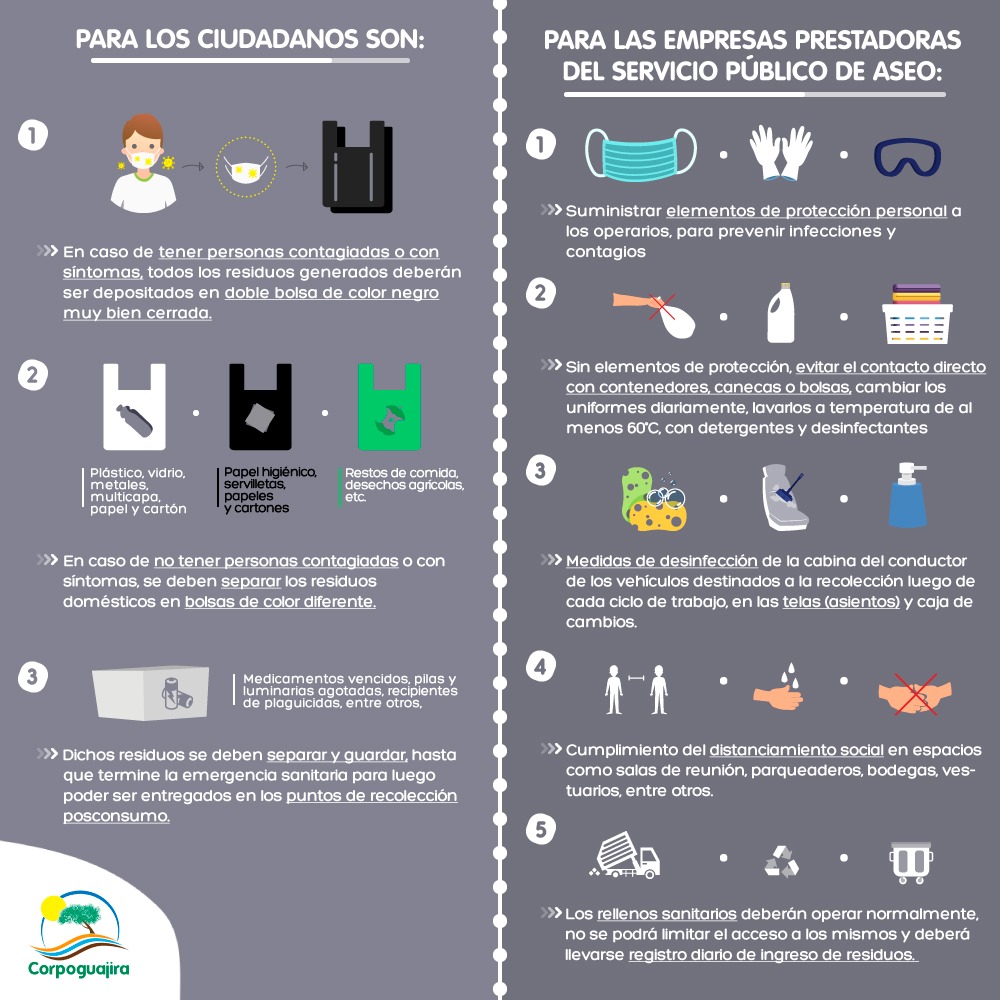
Housing Ministries, City and Territory, Environment and Sustainable Development and Health and Social Protection, present the set of guidelines regarding the management of ordinary and biological waste, as well as prevention measures in the provision of the public cleaning service in the framework of the state of emergency generated by Covid-19.
Riohacha, 17 April 2020
In order to ensure the effective provision of all activities of the public toilet service, as well as protecting the actors that are part of the collection chain, transporte, final disposition, recycling and recycling, the National Government issued guidelines that guide the management of said waste within the framework of the state of emergency generated by Covid-19.
"These guidelines seek to minimize the risk of contagion in the integrated waste management chain, setting guidelines, clear recommendations and responsibilities for stakeholders, providers and authorities of this type of service during this health emergency ”, stated the Minister of Environment, Ricardo Lozano.
The main recommendations for citizens are:
- In case of having people infected or with symptoms, all waste generated, as long as the condition of home isolation is maintained, they must be deposited in a double black bag very tightly closed, so that they are not susceptible to use.
- In case of not having people infected or with symptoms, Household waste must be separated in different colored bags to protect the operator and facilitate the activity of use in line with the color code., so:
- White color bags:Waste deposit usable as plastic, glass, metals, multilayer, paper and paperboard.
- Black bags:Waste tank not usable like toilet paper, napkins, paper and cardboard contaminated with food.
- Green bags:In municipalities where there are projects for the use of organic waste, such usable waste will be deposited as food waste., agricultural waste, etc.
- They must be separated and stored, until the health emergency ends, waste from expired drugs, dead batteries and lights, pesticide containers, inter alia, which can be delivered at the post-consumer collection points.
Among the guidelines for companies providing the public toilet service are:
- Provide personal protection elements to operators, to prevent infections and infections, such as, gloves, masks or face masks, protective eye gear.
- Without protection elements, avoid direct contact with containers, mugs, change uniforms daily, wash them at a temperature of at least 60 degrees Celsius, with detergents and disinfectants.
- Take disinfection measures in the driver's cab of vehicles destined for collection after each work cycle, paying attention to fabrics (seating), gearbox.
- Guarantee compliance with the practice of social distancing in spaces such as meeting rooms, parking lot, bodegas, changing rooms, inter alia.
- It should be noted that sanitary landfills must operate normally, Access to them cannot be limited and a daily record of waste entry must be kept in accordance with the operating regulations..
In the case of waste generated at the hospital level or health care establishments, also applies the obligation of separation at the source (usable, unusable and dangerous).
In the case of hazardous waste and especially for those with biological or infectious risk, These must be managed as established by existing regulations (Decree 780 of 2016 and the Manual for the Management of Hospital and Similar Waste regulated by the Resolution 1164 of 2002).
According with the last, to district and municipal mayors, among other guidelines, they are told that, due to the high health implications, facing the emergency situation, They must ensure the efficient provision of the cleaning service in all their activities and especially monitor those related to collection., final disposition, aprovechamiento, recycling and cleaning of public areas.
It should be noted that the guidelines may evolve according to the knowledge that the pandemic has., for that reason, the recommendation to citizens is to constantly consult the website of the National Government and the Ministries.

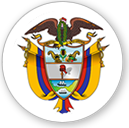

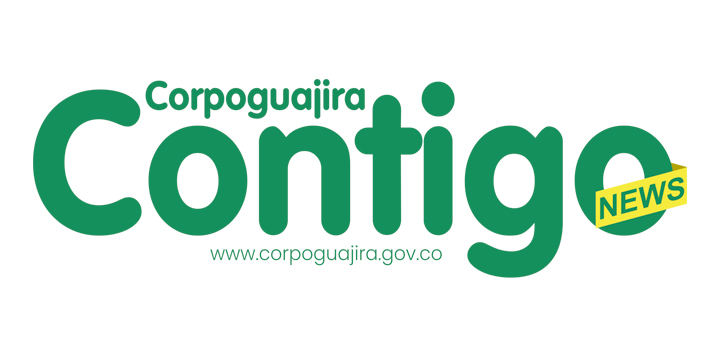



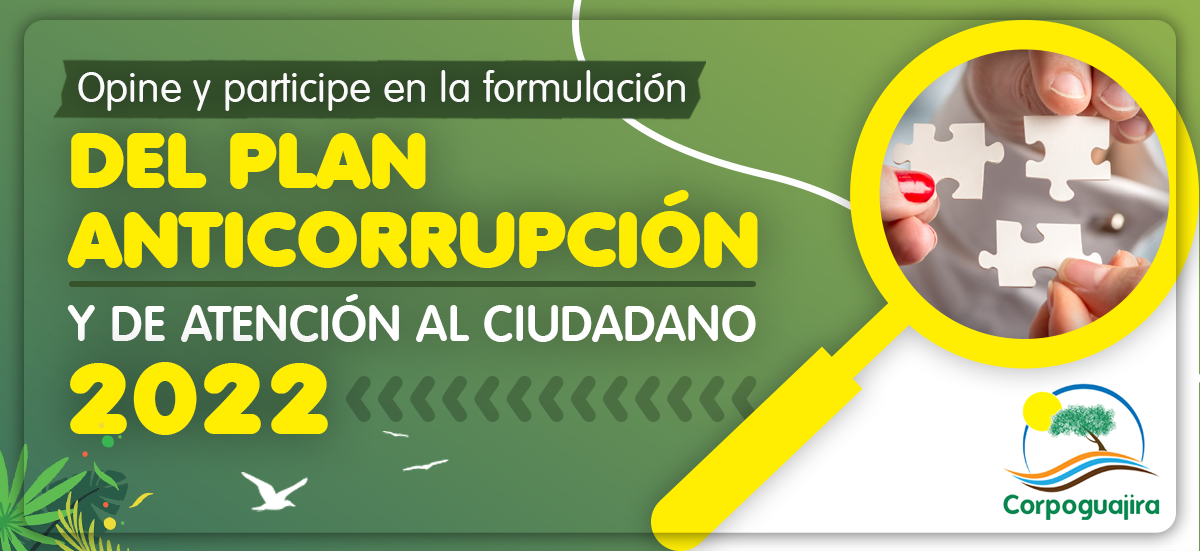
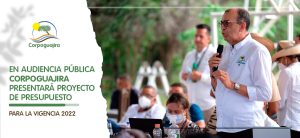







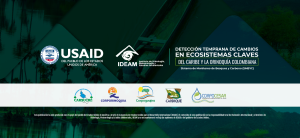










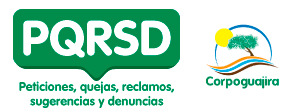
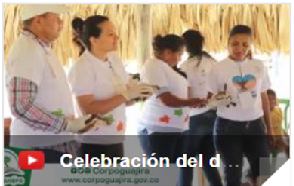


Leave a reply
I am sorry, you should be connected to post a comment.